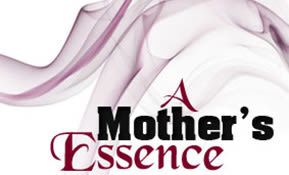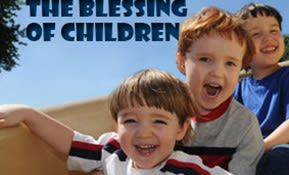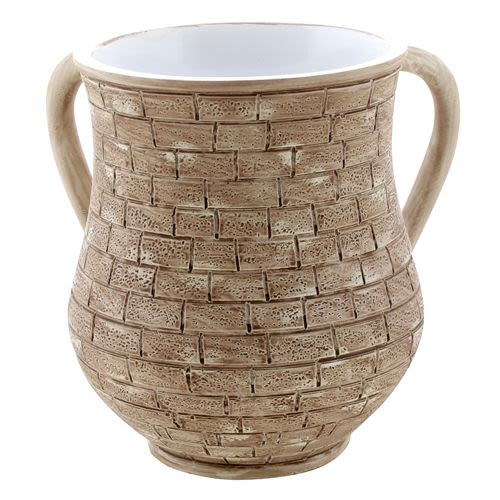
Ki Tavo: Taking a Stand
Our matriarch Sarah teaches us women to develop our will and assertiveness. We must choose a direction and stand up for truth even if we have to go against the grain.

Parshat Ki Tavo
This week’s Torah portion describes the blessings and the curses. The Jewish people are warned that terrible curses will overtake them, as a consequence of not listening to the voice of G-d and refusing to keep His mitzvoth. One of the worst curses is the threat of a famine so horrible that even the most caring person is forced to behave in an extremely cruel manner. “So that the man that is most tender among you, and delicate, his eye shall be evil towards his brother, and towards the wife of his bosom, and towards the remnant of his children whom he shall leave” (Devarim 28:54).
THE SENSITIVE MAN AND WOMAN
The Torah describes the sensitive man and woman at length, each one by a separate verse. “The tender and delicate woman among you, who would not adventure to set the sole of her foot upon the ground for delicateness and tenderness, her eye shall be evil towards the husband of her bosom, and towards her son, and towards her daughter” (Devarim 28:56). Let us compare the verses that describe the tender among men and women. What is the difference between them? Kli Yakar notes that men are not as naturally delicate as women. Therefore, it was necessary to add the word “most” after the word “delicate” in reference to the man, to emphasize that even the most delicate man would act in this cruel way. However, among women one does not have to be especially delicate to be disgusted with the thought of acting in this cruel fashion. The verse describing the tender woman contains an additional phrase not paralleled in the description of the delicate man, since a man would never be portrayed in this manner. “…who would not adventure to set the sole of her foot upon the ground for delicateness and tenderness.” This phrase teaches us about the pitfalls of taking femininity to its extreme and becoming excessively delicate.
TAKING RESPONSIBILITY
What does it mean to be too delicate to put “the sole of her foot upon the ground?” Perhaps it refers to someone who is overly passive and submissive? A person, who does not want to walk by herself, is someone who is afraid to take responsibility for her own life. She literally expects the man to carry her off her feet and take care of her, while she surrenders her life in his hand. Her main desire is to be swept away by her Prince Charming on his white horse. Our mother Rivkah rectified this overly feminine tendency. She is known for her initiative and decisiveness. (See our teaching on Parashat Toldoth)
BEING GROUNDED
The expression “not to place the feet on the ground” can also refer to someone who is not grounded – a dreamer disconnected with the bleak reality. There are women who stay aloof in their ivory tower; reading novels and gazing at the sparkling stars, unwilling to get their feet dirty in the murky mud of daily chores. Rabbi Akiva's wife, Rachel, was able to connect her lofty visionary dream with the tough reality of simple living. In order to turn a plain sheepherder into the most amazing Torah Scholar; she willingly descended from the ivory castle of her youth.
TAKING A STAND
Finally, “not placing her feet on the ground” is associated with being afraid to take a stand. Our Mother Sarah teaches us to stand up for our beliefs. She did not let anything sway her from the resolve to safeguard the future of her son, Yitzchak, by demanding that Yishmael be expelled (Bereishit 21:10). She was certainly not afraid to “put her foot down,” and take a stand. As women, we must be careful to develop our will and assertiveness. We must choose a direction and stand up for truth even if we have to go against the grain.
(Rebbetzin Chana Bracha Siegelbaum is Director of Midreshet B’erot Bat Ayin in Gush Etzion. This article is an excerpt from her book Women at the Crossroads: A Woman’s Perspective on the Weekly Torah Portion, reviewed by The Jerusalem Post, The Jewish Press, Voices Magazine, Good Reads, and WordPress/JewishPress and more. To order this book, click here)










Tell us what you think!
Thank you for your comment!
It will be published after approval by the Editor.